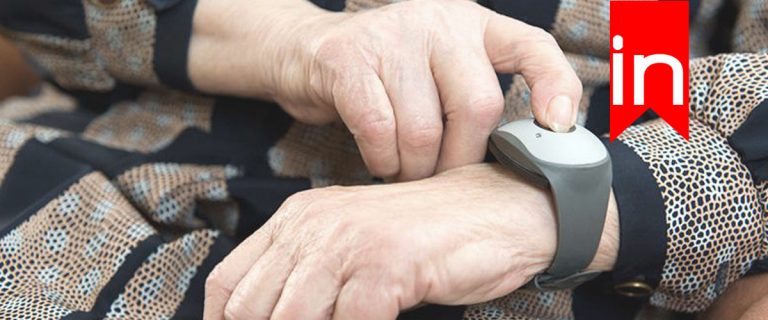Medical Alert Systems and Cell Phones: What You Need To Know!
Cell phones have become an essential item in our day to day lives. We use them all the time. For example, on average in 2018, a working adult spent about 2 hours and 46 minutes on their cell phone. In 2019, the average increased to 2 hours and 55 minutes, and currently the number has risen again to 3 hours and 15 minutes. Nevertheless, it’s safe to make the claim that we spend a good portion of our days on our cell phones. Since people are using their phones so much, and use them for many different reasons such as directions, ordering food, shopping, and communicating with each other, why not add medical alert systems for the elderly to the list? In this article, by looking at the advantages and disadvantages of cellular medical alert systems, people could potentially make up their mind on the right choice for them to protect their loved ones.Advantages of a Medical Cellular Alert System
No extra device to carry/ learn to use.
When a cell phone becomes someone’s medical alert system, the chances that they take it with them everywhere and already know how to use it are exceptionally high. Therefore, no extra device has to be carried around or has to be newly learned if a cellular system is what that person chooses.
Save Money.
One of the bigger advantages of a cellular system is the fact that no extra money has to be paid. If someone has a phone, but wants a normal medical alert system, then more money must be paid. If a cellular device is chosen, then the only fees that that person owes is the normal phone fees they were already paying for.
Not tethered to home.
Most in-home medical alert systems only function with a base station set up in the house, limiting that person to their own household only. With cell phones, they already have built-in cellular power/range and can reach an emergency center for help wherever someone may be.
Disadvantages of a Medical Cellular Alert System
Frequent charging needed.
With a cell phone, charging of the device has to occur much more often than a regular medical alert system with a button that could last for years.
Bulky in size.
When compared to the pendant of a normal medical system, a cellular device is much larger and more bulky in size and appearance. This shape could cause some people to not
always carry their phone with them around the house where an accident could potentially happen.
Not waterproof.
Cell phones are not waterproof devices, unlike the pendant provided with a normal medical alert system, and cannot be brought into the bath or shower where accidental falls that often result in emergency injuries occur.


LifeCall is an American company with a long history of providing excellent monitoring services and efficient emergency alert systems to health care facilities catering to the elderly and individuals for use both indoors and on the go all over the United States.
Call Now
1 (866) 225-1295
Read The Review






